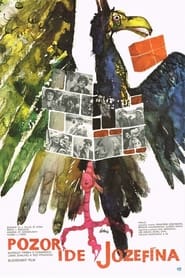detail profile benjam c3 adn michalsk c3 bd
Peran Yang Di Mainkan Benjamín Michalský
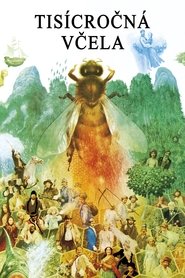 A family saga taking place mostly...
A family saga taking place mostly...The Millennial Bee 1983
A family saga taking place mostly in a small Slovak village over a period of thirty years (1887–1917). The first part captures the life of Martin Pichandu in the development of his craft, masonry; in the second part, his son is center stage living in a period of socio-political crisis, which ultimately results in the first World War. After originally airing on Czechoslovakian television in 1983 as a four-part 226-minute mini-series, this production received a 163-minute theatrical release in 1984.
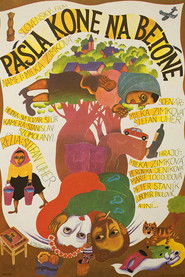 Johanka had a fling with a...
Johanka had a fling with a...She Kept Asking for the Moon 1983
Johanka had a fling with a well digger she had not met before and who, she was most likely certain, would never be around again. Just before his departure, they have sex and she eventually becomes single mother of a baby girl. Now, 18 years later, her daughter Paulina commutes by bus to work in the nearby city, which gives the village gossips the occasional opportunity to remind her of her unknown father. A resultant conflict with her mother makes Paulina take up residence in the city. Johanka, prodded by her also-single friend Jozefka who maintains that a woman without a man is nothing, begins to woo the new teacher Jarek only to discover later that he is married. Paulina, in the meantime, loses her virginity to the soldier Jirka who promptly makes himself scarce. Johanka fails to consider that she actually has a better life than some of her married neighbors, begins to see.
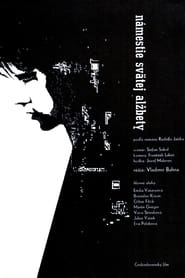 Film adaptation of Rudolf Jaks novel...
Film adaptation of Rudolf Jaks novel...Saint Elizabeth Square 1966
Film adaptation of Rudolf Jašík's novel of the same name. The plot of the film is situated in the forties of our century, in the first years of the Second World War. It captures the political and social atmosphere of one of the Slovak towns that lives seemingly in the lee, far from the world and war. Well, appearances are deceiving. Beneath the surface of peaceful, everyday life, a tragic process is taking place, accelerating people's destinies, the disintegration of their characters, but also the maturing of their relationships. The film is the story of Eva and Igor, their love, violently interrupted by political events. In this era of personal and social tragedies, children become adults almost overnight, honest people become victims, and mentally ill people become murderers. The film about the fates of Eva and Igor, the Jewish cartmen Samko and Maxi, and the careerist Flórik presents a believable, convincing picture of the era marked by the expansion of fascism.

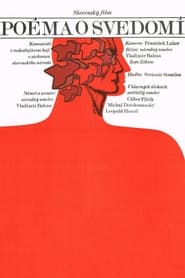
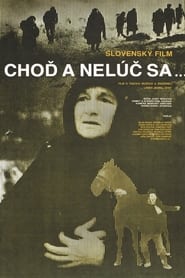
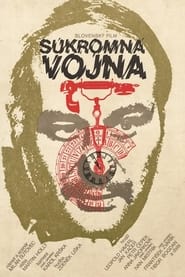
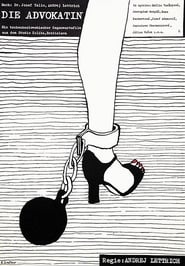 The story of a young lawyer...
The story of a young lawyer...